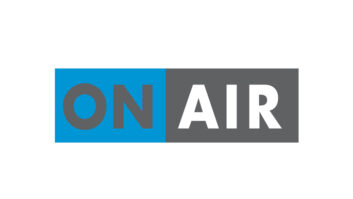
Recording industry groups are voicing their displeasure with the safe harbors of the Digital Millennium Copyright Act and have outlined what they believe are its key failings in a letter to the U.S. Copyright Office.
Fifteen recording organizations, including the Recording Industry Association of America, Global Music Rights, SoundExchange and SESAC, wrote in a letter that the DMCA allows service providers to comply with minimal safe harbor obligations “thereby obtaining immunity from damages liability and avoid obtaining licenses from rights holders.”
Broadcasters adhere to the DMCA as a guide to manage their digital and social media content and pay royalty fees to record companies and artists as a result of their web streams.
The U.S. Copyright Office has been considering music licensing reform since 2015 and the House Judiciary Committee late last year said it is looking into music licensing reform as part of an effort to update the nation’s copyright laws.
This week’s letter from the music community, filed in response to the Copyright Office’s supplemental Notice of Inquiry (Docket No. 2015-7), outlines the disregard some technological companies have with the notice and take-down process explained in section 512 of the DMCA. Section 512 pertains to internet service providers who host third-party content such as websites.
“The undefined statutory term ‘expeditiously’ leaves service providers far too much discretion to decide how quickly they will comply with a take-down notice. If service providers can post content nearly instantaneously, they can remove it just as quickly and should have no excuse for waiting hours or days to comply,” the group wrote in its letter.
The Copyright Office’s new system for registering designated agents for the service of take-down notices when copyright violations are believed to had occurred went online last fall. According to David Oxenford’s Broadcast Law Blog the Copyright Office’s request for comments asks whether there should be different rules for different types of services.







